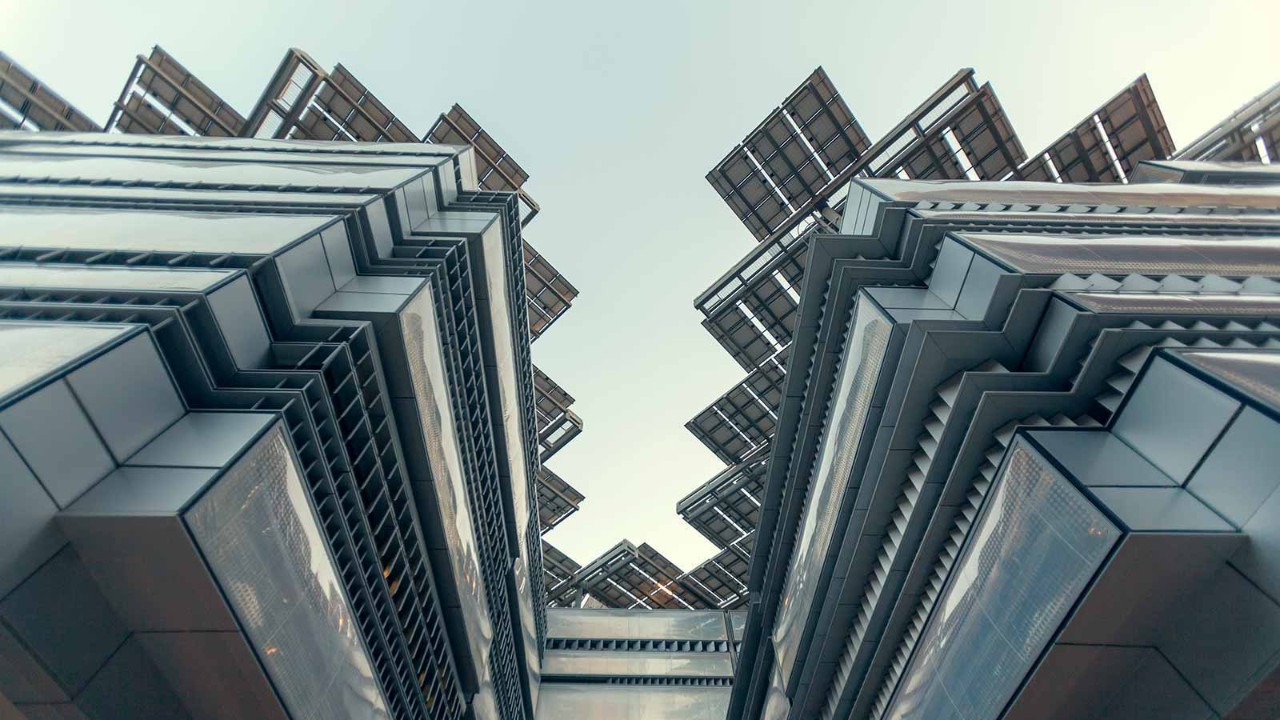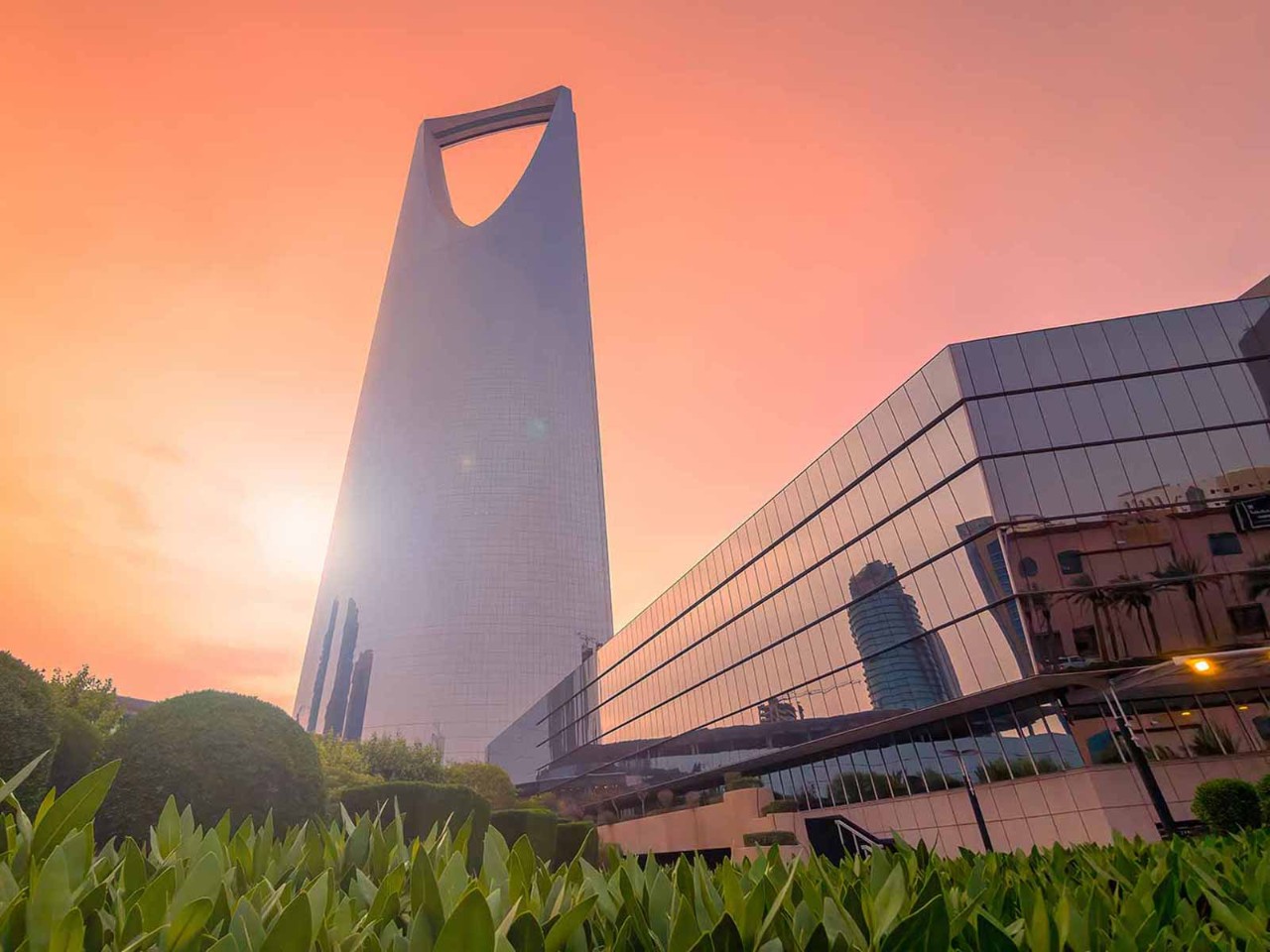
The United Arab Emirates (UAE) is known globally for its glitzy skylines, oil reserves and tax-free status. However, the country is also making a name for itself in terms of its sustainability and green initiatives. With Dubai hosting COP28 next year, it could be the perfect stage for the UAE to showcase its sustainability efforts to the world.
While it has some of the biggest oil-producing capabilities in the world, the UAE has a national plan to reduce its reliance on fossil fuels and spearhead clean energy for the future. It was the first country in the Middle East and North Africa (MENA) region to pledge to reach net zero emissions by 2050 and has been working to lower its carbon footprint for several years.
Private-sector businesses have begun to track sustainability indicators
Bold initiatives are ramping up across the country in a race to meet its environmental goals. The UAE Energy Strategy 2050 targets an energy mix that combines renewable, nuclear and clean energy sources with a goal to use 50% clean energy by 2050. With its abundance of deserts and sunshine, and with more than 15 years of R&D into solar power, the UAE now has three of the world’s largest solar plants and is rapidly building more.
International partnerships
The government is also working with leading sustainability players from across the world to help improve its energy efficiency, forging international partnerships and ventures. Earlier this year, an innovation park in the UAE announced a collaboration with Netherlands-based Lightyear, which has developed the world’s first long-range production-ready solar-powered car.
Abdallah Abu-Sheikh is a serial entrepreneur in the MENA region and the founder and CEO of Astra Tech, a UAE-based technology investment and development group. It has developed the first-of-its-kind tech-driven network of electric vehicles built to serve the region’s last-mile delivery sector.
He believes the private sector will be the key to meeting the government’s net zero goals through participation in innovative financing for development, public-private partnerships (PPPs), impact investment and by engaging in environmental, social and governance (ESG) risk considerations.
‘We are no longer only speaking about revenue, but we make sure to include sustainability KPIs’
‘Multi-stakeholder engagements and partnerships are no longer a “nice-to-have” ESR or CSR activity,’ he continues. ‘They must become a mandate if the world is to bounce back from the score of problems – ranging from Covid-19 to geopolitical tensions – which have exacerbated and delayed the response to the ongoing climate crisis.’
Sustainability goals are now also being cemented into the KPIs and mission statements of UAE-based firms, mindful of the rulers’ 2050 targets. ‘It has been interesting to see a large number of firms of all sizes begin to measure their carbon footprint, develop strategies to turn carbon-neutral or positive, and set ambitious KPIs for sustainable growth,’ says Abu-Sheikh.
‘Right from how raw materials are grown and sourced, to production and manufacturing, and further on to packaging, distribution, delivery and consumption, businesses within the private sector have begun to track sustainability indicators across various touchpoints.’
Jan Hanak, managing director of the Radisson Hotel Group covering the UAE, Bahrain, Oman and Qatar, confirms the trend. ‘Today, when we talk about KPIs in our hotels, we are no longer only speaking about revenue, but we make sure to include sustainability KPIs. The indicators are a way for the hotels to measure their carbon footprint and evaluate waste, water and energy management solutions,’ he says.
Committing to net zero
The Radisson Hotel Group also has a commitment to being net zero by 2050. Hanak says this is ‘not for our commercial gain, but to create concrete change and encourage others to join us on the journey to net zero, and eventually net positive’.
Travel and tourism is a rapidly-growing sector in the UAE as it looks to move away from oil revenues. Hotels will play a major role in sustainability efforts as the sector continues to grow.
The region is not always first to mind as regards sustainability, But this is starting to change
Raquel Lopez, VP of sales and marketing GCC at the Barceló Hotel Group, says the company fully supports the UAE’s shift away from oil and toward a cleaner future. ‘Aligning with the UAE’s Net Zero by 2050 and Vision 2030 policies, we have implemented a variety of measures at our properties, ranging from green energy sockets and rooftop photovoltaic panels to renewable energy waste management and recycling processes, and back-end operations that minimise the use of water and light.’
Meanwhile, Astra’s Abu-Sheikh says there has also been a spike in the recruitment of sustainability-centred roles in the region, from chief sustainability officers to ESG consultants, social impact managers, ESG executives and sustainability leads among others.
Bucking its image
The Middle East is not always first that comes to mind when thinking about sustainability, given its oil-producing credentials. But this image is starting to change, thanks to countries such as the UAE whose public sector has led the charge with initiatives such as Masdar City in Abu Dhabi, Mohammad Bin Rashid Al Maktoum Solar Park in Dubai and Sustainable Schools setting high standards for others to follow.
Meanwhile, the recent Expo 2020 in Dubai showcased a sustainability pavilion that proved to be one of the top three attractions. The pavilion will be transformed into a science museum, expanding on the UAE’s mission of exploring sustainable practices.
‘There’s no doubt that the image of the Middle East is changing in this regard. Global visitors who’ve made their way to the shores of the UAE, Saudi Arabia, Bahrain, Oman, Kuwait and Qatar have taken these stories of sustainability back with them, which has led to a greater influx of investors and entrepreneurs looking seriously at setting up sustainability-focused businesses in the Middle East,’ adds Abu-Sheikh.
UAE energy strategy
The UAE has been investing in clean energy projects for several years and launched its Energy Strategy 2050 in 2017. This aims to increase the contribution of clean energy production from 25% to 50% by 2050.
It also sets a target to reduce the carbon footprint of power generation by 70%. The UAE has also invested around US$2bn in water desalination plants to help reach Net Zero 2050.
Significant reforms are also underway in the transport sector with big investments in the country’s mass transit systems, such as the Dubai Metro. Dubai’s road and transport agency wants to see 100% electric and hydrogen-powered vehicles across the emirate’s public transport network by 2050.
Around US$160bn is also being invested in a range of ambitious schemes aimed at meeting net zero by 2050.

